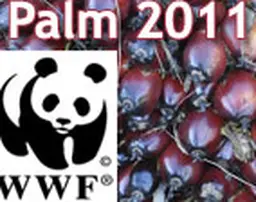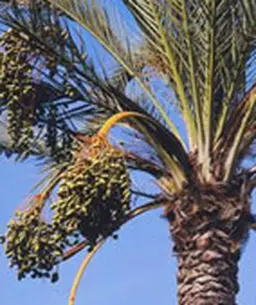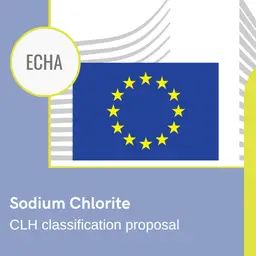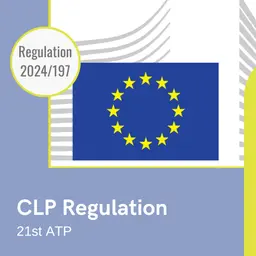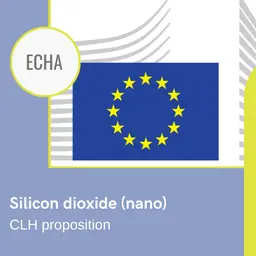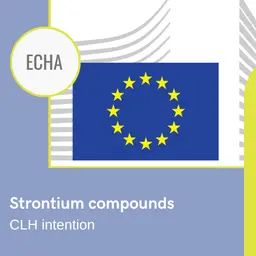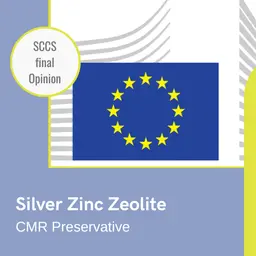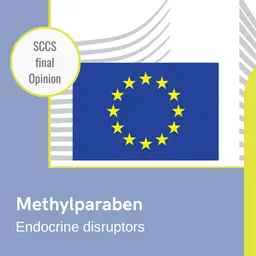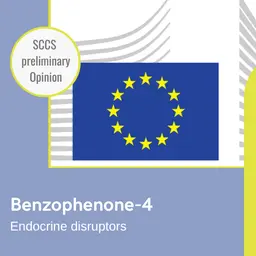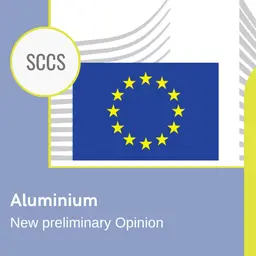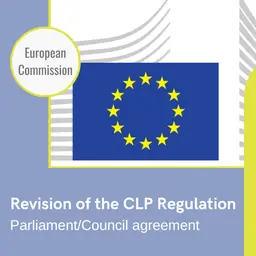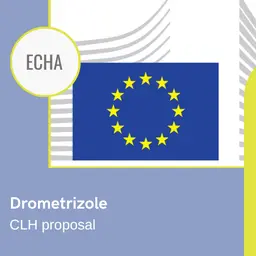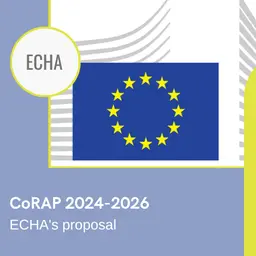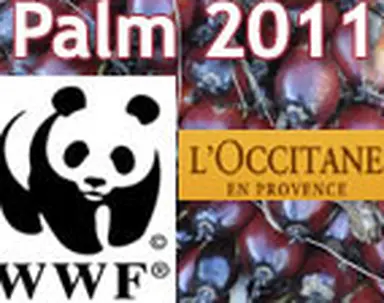
On November 22, 2011, the World Wildlife Fund has released a worrying report on the sustainable palm oil. It adds a classification of more than 130 companies considering their environmental achievements … in which L'Occitane en Provence seems to be among the least concerned. The French brand has released its answer this morning, signed by Bernard Chevilliat, its R&D Manager. Underneath, the translation of the entire document.
23 November 2011
"The WWF has just released a classification of some users of "sustainable" palm oil, in which L’Occitane seems to lag behind. This NGO has set and promotes a Round Table (Round Table Sustainable Palm Oil, i.e. RSPO, created in 2004) that unites several large users of palm oil who are worried by the deforestation due to the huge plantations of palm-trees, especially in Indonesia, Malaysia and Colombia.
From the beginning, L’Occitane has opted not to join the RSPO programme as it thought, along with many others actors such as Greenpeace and Les Amis de la Terre (Friends of Earth) that this label was not guaranteeing enough the durability and the traceability of the production systems. Three years ago, it has been at the origin of a more ambitious initiative for the supply and transformation of non-RSPO-certified palm oil that would come from old village palm groves in the Ivory Coast. These palm groves are organic and a member of fair trade. More stringent, probably more expensive, this ethical and responsible way proved to be very complex to implement. Further, the civil war in the Ivory Coast was the cause for a slowdown of the development.
As …

